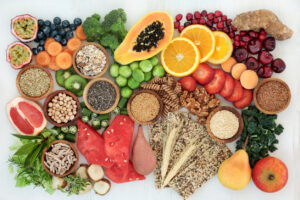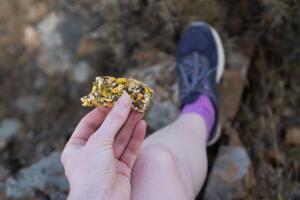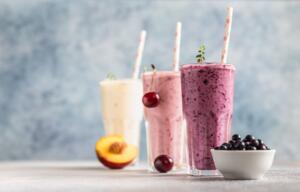Naturally, most of us are feeling some added stress these days from the holiday season. Regardless of the time of year, anxiety disorders are the most common mental illness in the U.S., according to the National Institute of Mental Health. Anxiety is a sign and symptom of stress, which can be physical, mental, emotional, or chemical. But a few simple changes to your diet can spell anxiety relief.
So why not do all we can to relieve anxiety by eating the foods below?
Yogurt (and Other Probiotics)
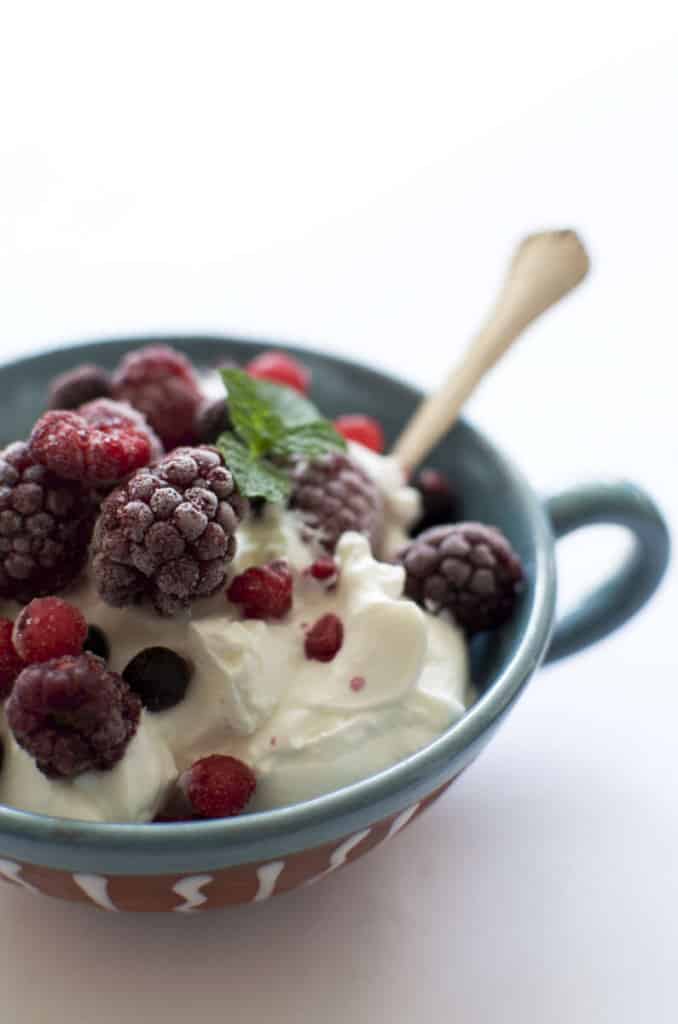
Probiotics help defend against harmful pathogens and microbes and promote a healthy gut microbiome needed for the production of brain stimuli, like serotonin and dopamine, which play a role in your mood. Recent research finds that probiotics may even work to treat or prevent anxiety. A clinical review suggested that yogurt may be anti-inflammatory. Chronic inflammation may contribute to anxiety, stress, and depression, so yogurt may be helpful in avoiding these disorders. Yogurt or fermented foods like sauerkraut, miso, tempeh, kimchi, or pickles are good sources of positive gut defense.
Salmon
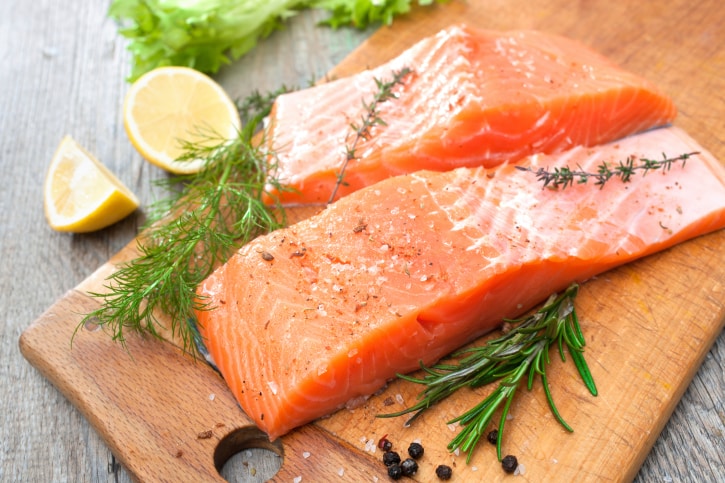
Very well known for its omega-3 fatty acids, salmon helps regulate serotonin and dopamine for a calming, relaxing effect and has a strong relationship with cognitive function as well as mental health. These fatty acids also seem to reduce inflammation, helping to prevent anxiety. One study showed that men who ate Atlantic salmon 3 times per week for 5 months reported less anxiety than those who ate chicken, pork, or beef. Another Ohio University study reinforced that anxiety relief may likely come especially from one nutrient: omega-3 fatty acids.
Dark Chocolate

Besides being delicious, dark chocolate also helps reduce anxiety and depression. A 2019 study in the journal Depression & Anxiety reports that people who eat dark chocolate regularly are less likely to be depressed. Aim for 70 percent dark chocolate or higher for best results, but only eat a small serving (1-3 grams) because of its sugar and fat content.
Chamomile Tea
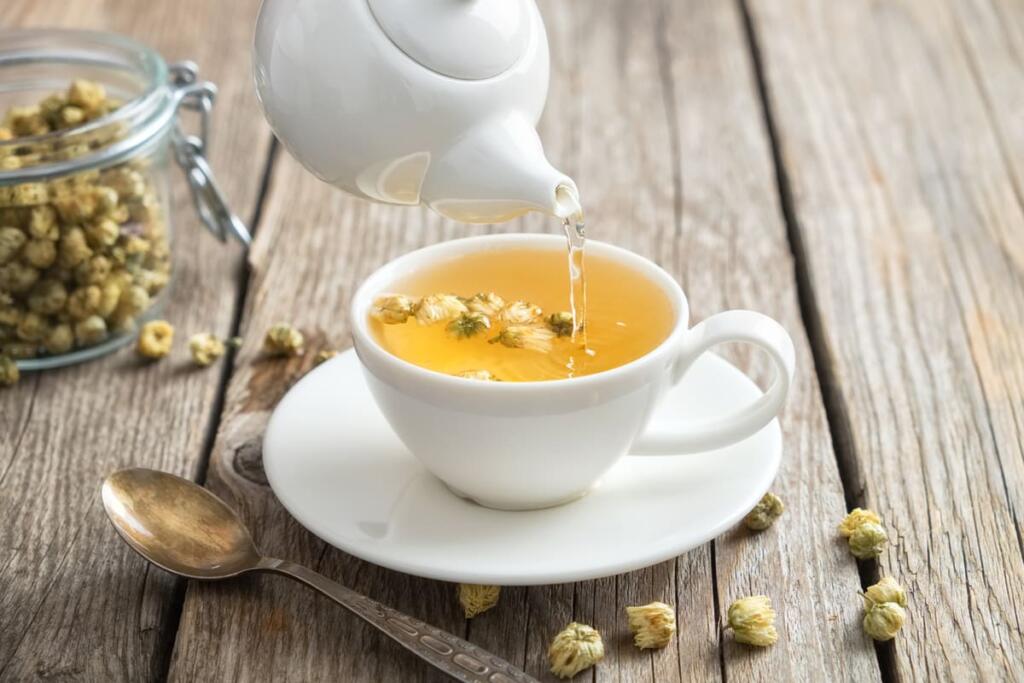
Chamomile tea is used worldwide for its anti-inflammatory, antibacterial, antioxidant, and relaxing properties. A recent study links chamomile to reducing anxiety. Another clinical trial published in the journal Phytomedicine showed that those who drank chamomile tea over the long term had reduced severe anxiety disorder symptoms. The role this tea plays may also be tied to its ability to enhance sleep. As an herbal remedy, it is readily available and safe to use frequently.
Avocado (and Other High Vitamin B Foods)
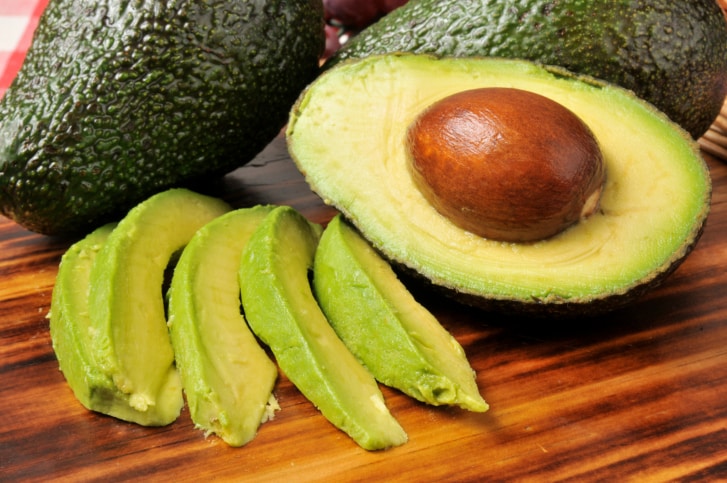
Avocado is rich in vitamin B6 and magnesium and is thought to promote serotonin production in the brain, reducing anxiety and depression. It also helps add more fiber and healthy fats to the diet. You can add avocado to salads, in omelets, as a topper for Mexican food, made into guacamole, or spread on toast for breakfast – a most versatile fruit.
Pumpkin Seeds
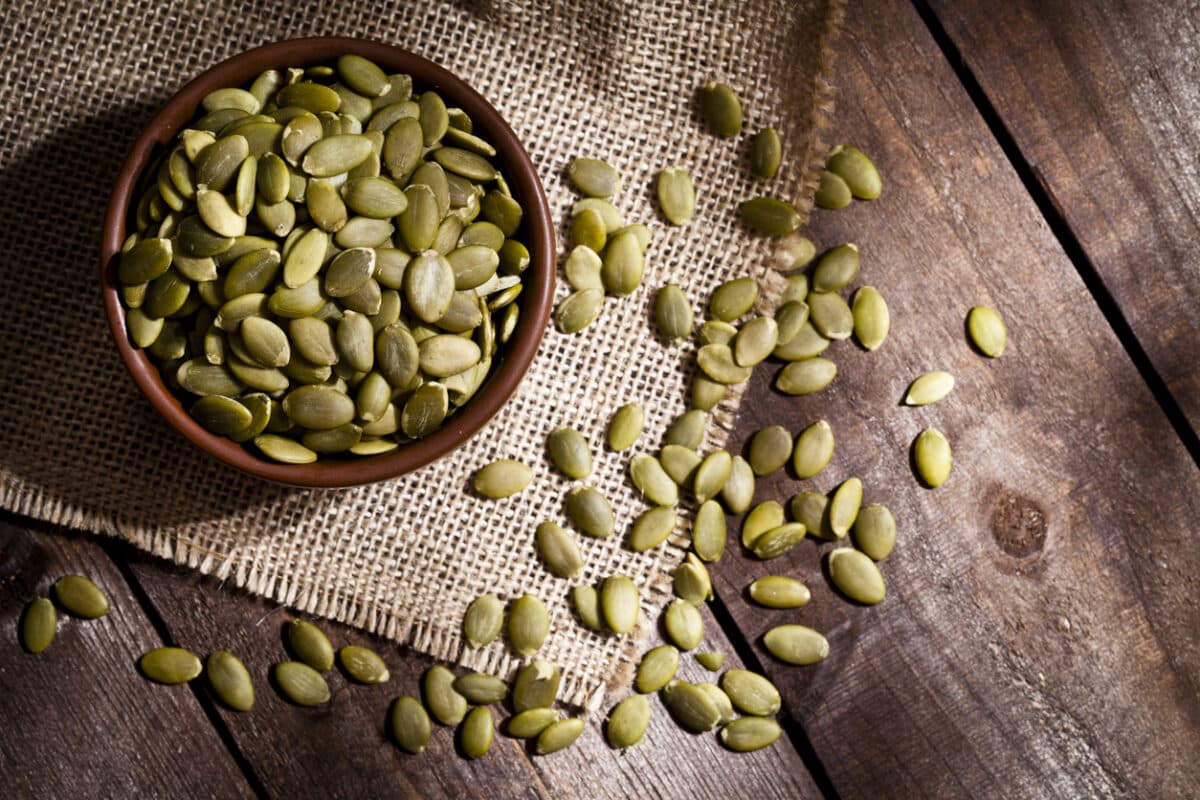
/One ounce of pumpkin seeds provides 20 percent of daily magnesium value and is a good source of potassium and zinc. Potassium is linked to stress and anxiety reduction, while zinc may be tied to mood. One study of 100 female high school students showed a zinc deficiency could negatively impact mood. The largest zinc storage sites in the body are in the brain, and it is essential for brain and nerve development. Sprinkle pumpkin seeds on salads, meals, or snack on them plain.
Eggs

Eggs are not only an excellent source of complete protein, containing all essential amino acids for the body’s growth and development, but they also contain tryptophan, the amino acid that helps create serotonin. This neurotransmitter (serotonin) helps regulate mood, sleep, memory, behavior and, improves brain function, and reduces anxiety.
Green Tea

The amino acid theanine is found in green tea and has anxiety relief and calming properties. In a recent study, participants showed improved relaxation, calmness, and less tension with 200 mg of theanine. Green tea is a great replacement for soda, coffee, or alcoholic drinks.
Turmeric
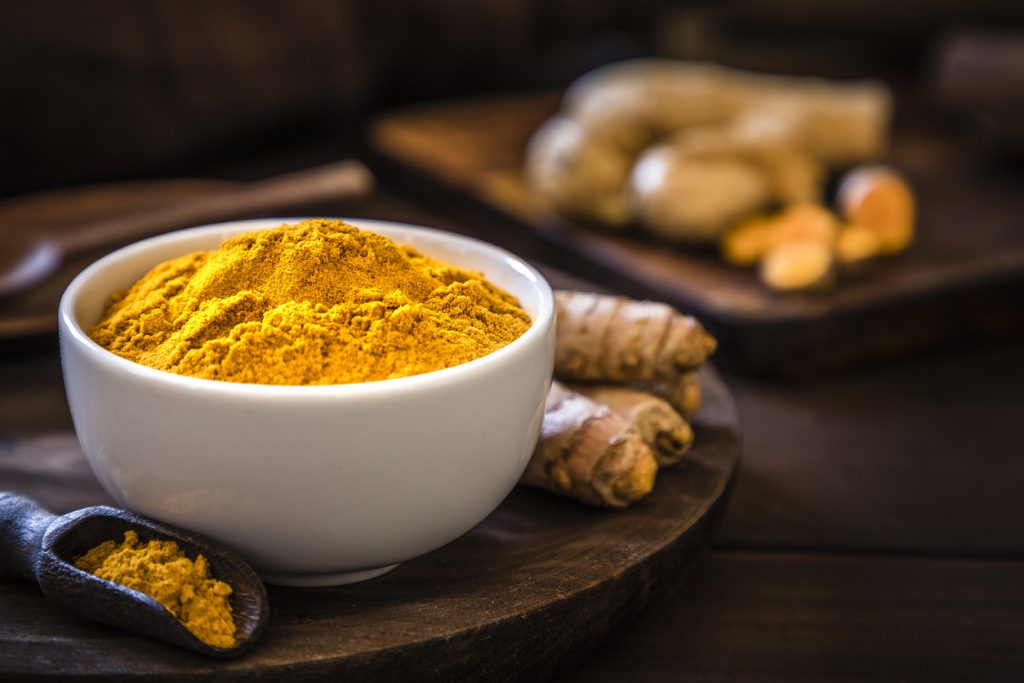
The active ingredient in turmeric, a spice commonly used in India and Southeast Asia, is curcumin. Curcumin seems to be linked to anxiety relief, reducing inflammation and stress. A recent study found that increased curcumin in the diet reduced anxiety. Add turmeric to smoothies, curries, and casserole dishes. It has a light flavor but is deep yellow, so it will color food.
Asparagus
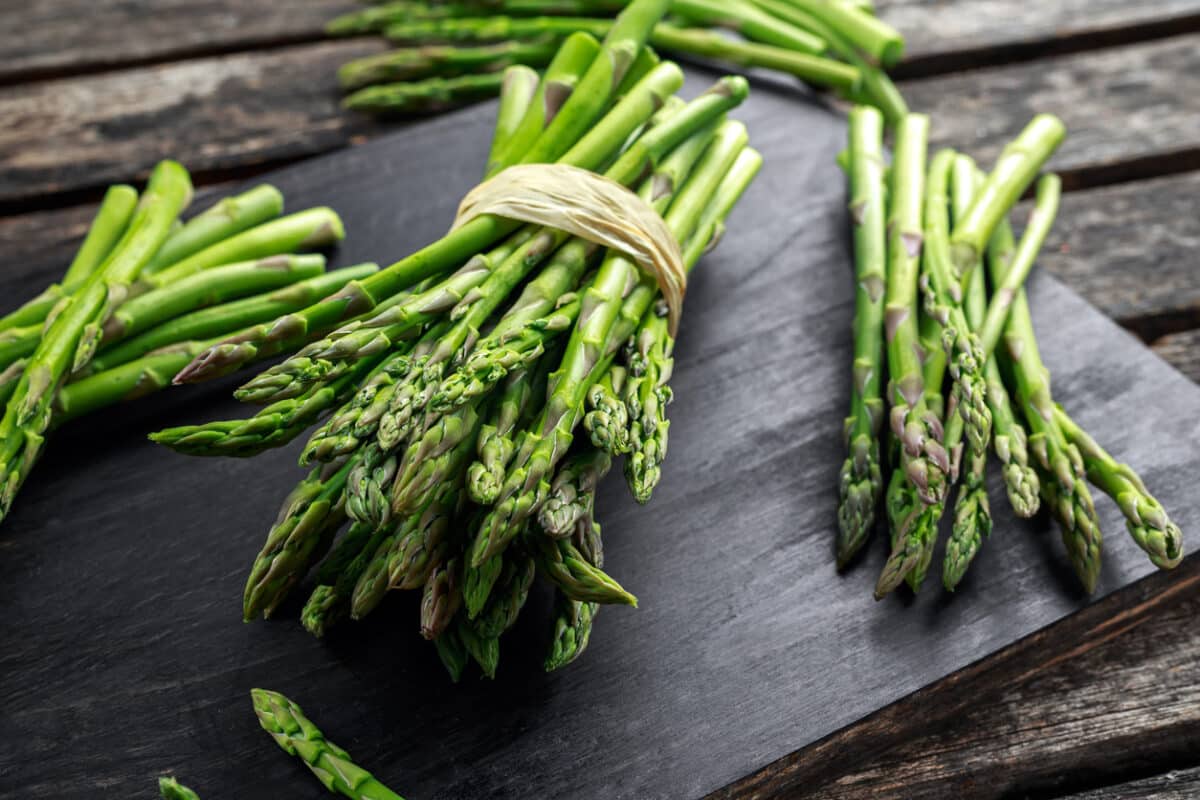
Rich in potassium, fiber, and beneficial vitamins, asparagus is thought to relieve anxiety. This vegetable is particularly popular in China, where one study suggested that a specific asparagus extract, AEAS, may show promise as an alternative medicine for treating anxiety disorders.
Now more than ever, during widespread stay-at-home requirements, we should do our best, especially through easy changes to diet, to promote anxiety and stress relief.
Read Next:
8 Natural Ways To Manage Adult Anxiety


